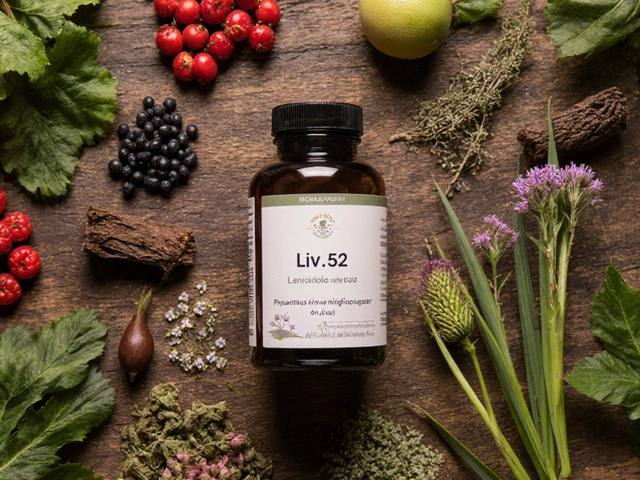Best Foods to Eat During Menopause
Going through menopause can feel like a roller‑coaster, but the right foods can smooth the ride. You don’t need fancy meals or expensive supplements – just a few everyday ingredients that support hormone balance, keep bone health strong, and calm those hot flashes.
Why diet matters during menopause
When estrogen drops, your body reacts in many ways: temperature spikes, mood swings, and slower metabolism. Food is one of the easiest tools you have to influence those changes. Certain nutrients help regulate body temperature, protect bone density, and keep blood sugar steady, which all translate to fewer night sweats and steadier mood.
Think of your plate as a quick‑fix toolbox. Adding the right items can give you more energy, better sleep, and less irritation. The goal isn’t a strict diet, just a smarter way of choosing what you eat.
Top foods to add to your plate
1. Fatty fish (salmon, mackerel, sardines) – Rich in omega‑3 fatty acids, they calm inflammation and may reduce hot flash severity. Aim for two servings a week.
2. Soy products (tofu, tempeh, edamame) – Contain plant‑based isoflavones that act like weak estrogen. Many women notice fewer night sweats when they include a daily soy serving.
3. Leafy greens (kale, spinach, collard greens) – Packed with calcium, magnesium, and vitamin K, they support bone health at a time when osteoporosis risk rises.
4. Whole grains (oats, quinoa, brown rice) – Provide steady fiber and B‑vitamins that help keep blood sugar stable, reducing mood swings and cravings.
5. Nuts and seeds (almonds, walnuts, flaxseeds) – Offer healthy fats and lignans that can ease hormonal swings. A small handful a day is enough.
6. Berries (blueberries, strawberries, raspberries) – Antioxidants protect cells from oxidative stress, which can be higher during menopause.
7. Low‑fat dairy or fortified plant milks – Supply calcium and vitamin D, both vital for bone strength. Choose versions without added sugar.
Combine these foods in simple meals: a salmon salad with spinach and walnuts, a stir‑fry of tofu, broccoli, and quinoa, or a breakfast bowl of oatmeal topped with berries and a sprinkle of flaxseed.
Stay hydrated, too. Drinking enough water helps regulate body temperature and reduces the intensity of hot flashes. Herbal teas like peppermint or chamomile can be soothing, especially in the evening.
Remember, no single food is a miracle cure. The power comes from consistent, balanced eating. Start by adding one or two of the items above each week and notice how you feel. Small tweaks add up to big comfort during this life stage.
Finally, listen to your body. If a particular food seems to trigger symptoms, adjust later. Everyone’s menopause journey is unique, and tailoring your diet to what works for you is the best strategy.






